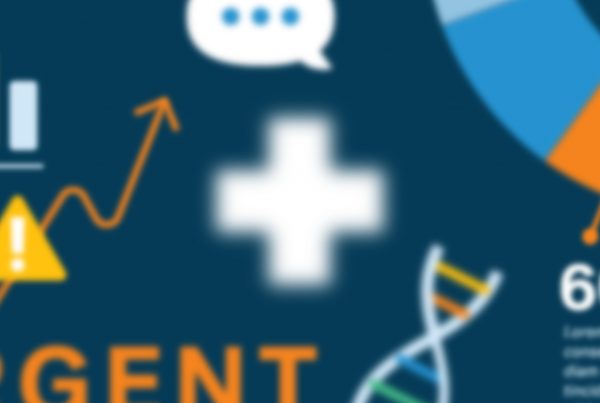The Big Story: Coffee isn’t just good for our bodies, but also our brains – CBS News
“Coffee added other effects on our brain in areas that help with our working memory and goal-directed behavior.”
Grande-sized message management
By David Jarrard
2-minute read
A cup of coffee is one of your most powerful communication vehicles. Let’s discuss.
Healthcare providers live today under a glaring spotlight, which is not news. The scrutiny is relentlessly rigorous, the media coverage sometimes unfair, and an unflattering story is often told.
In this hothouse environment, savvy leaders deploy their most effective tools of persuasion. Advertising? Check. Social media campaigns? For sure. Media relations? Of course. Political giving? Maybe that, too.
Here’s one more: Coffee.
Sharing a cup of coffee with the people who matter most to you – those folks antiseptically labeled as “stakeholders” – can have a deep impact on your reputation, both advancing your narrative and inoculating you against the negative vectors.
Of course, it’s not really the coffee. It’s your investment of slow time. It’s the listening ear. It’s the personal, physical presence of human-to-human engagement, that has outsized power.
Especially now, in our digital heavy, screen-lit world.
Especially now, in the penumbra of the pandemic, when meeting people in person can still feel like a new thing, or an old thing fondly remembered, like riding a bike again.
Among the tectonic plates of healthcare players – pharma, device makers, payers, others – meeting people for coffee (or a beer, or lunch) is a political advantage largely unique to healthcare providers.
Why? Because you are there. Literally, you are physically able to meet where they work and live because that’s where you work and live, too, caring for the very same people these people care about.
This is a core element of effective grassroots political campaigns.
Over a cup of coffee, you can not only tell the story of your organization, but you can also tell your own, too. Why is your organization good and worthy of you and your talents. Trust is built between people, not buildings.
Over coffee, your guests can ask questions they would never email, and tell you stories you would never hear in a town hall. Test a message? Correct a misperception? Recon a tough audience? Coffee, coffee, coffee!
Yes, we know you know this, but we also know it can be helpful for things to be brought to the top of your mental inbox again.
We also hear you: Who has time for this? The list of “all” stakeholders important to a healthcare provider can be very long. Thousands of names. A mountain so steep it can feel impossible to summit so why try climbing?
Our recommendation is a “journey of a thousand miles begins with a single step” kind of thing.
Here’s our thought: Sit down with your mug, pen and paper. Enjoy your drink and, with a clear head, jot down 15 names.
These will be the names of people in your community who should be part of any big conversation about your community – and healthcare is certainly that. Who are the influencers? The networkers? The trusted voices who speak with authority and clarity and compassion on issues that matter to the people you all serve?
Once you’ve got your list, it’s time for another round of java-induced productivity: Invite those people to your favorite coffee shop to chat.
This advice is serious and literal. Get people on the calendar. Have casual yet intentional conversations. Yes, talk about what your organization is doing now and planning for. And yes, share ideas and initiatives that continually advance your mission. But more important: Listen. Ask people what they’re hearing – from their employees, their parishioners, their clients, customers and constituents.
Seek honest feedback about how they perceive your organization. About their understanding of how healthcare works. About what needs to change.
Think of them as your focus group, the beginning of your grassroots work to reinforce the story of the medical and economic value of your organization.
Certainly, at the national level, there’s a need for a unified, coordinated and proactive voice for healthcare delivery – how it makes a broken system work, how it could be better.
But for you, as an individual leading a complex organization that’s a small part of a mind-numbingly complex industry, meaningful conversations over coffee are much more attainable than shifting the course of the entire U.S. healthcare system. You can’t boil the ocean. So instead, when you see the stories and shake your head at yet another attack, start small. Make a list. Order some coffee.
Contributors: David Shifrin, Emme Baxter
Image Credit: Shannon Threadgill




